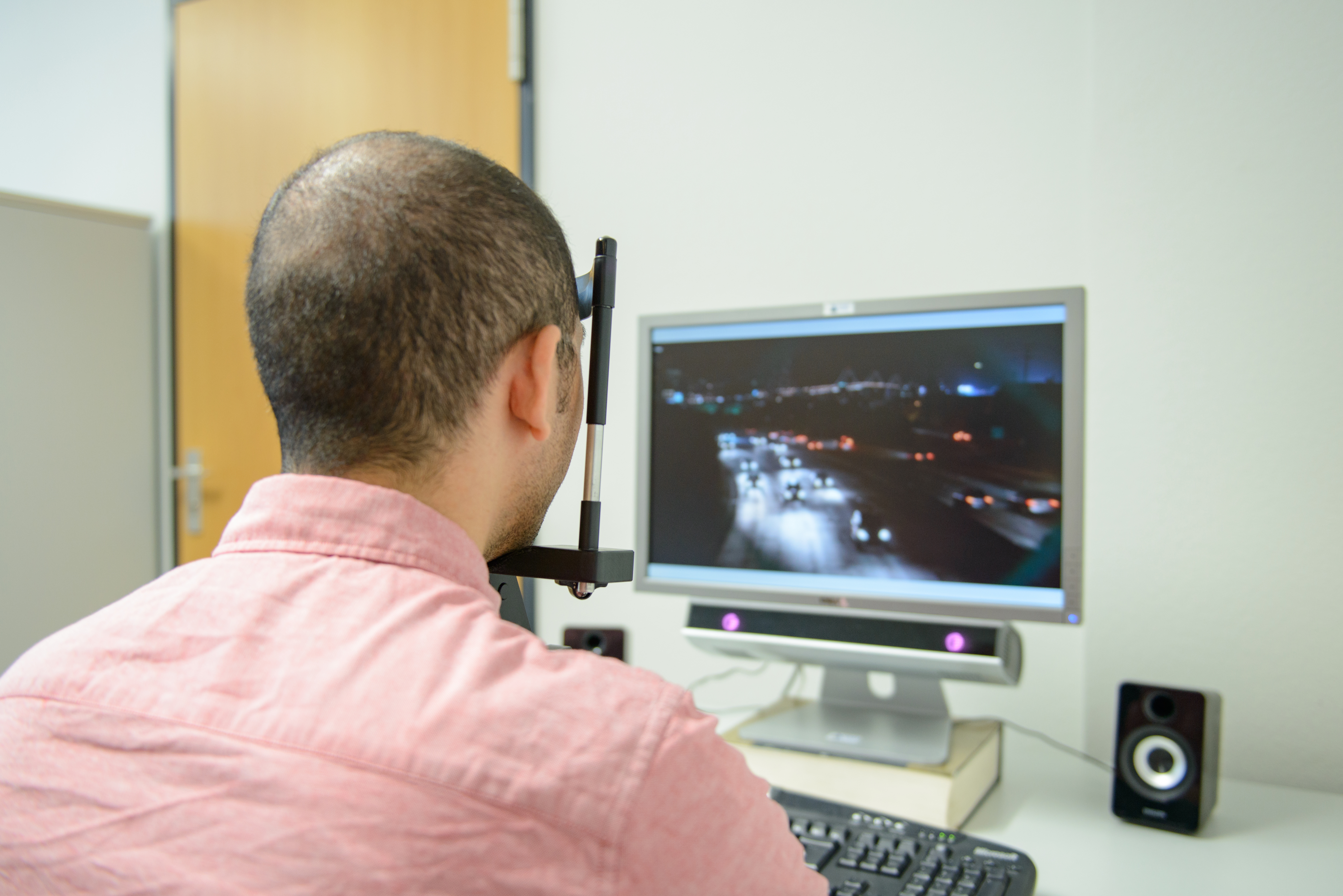Open Science
As a collective term, Open Science includes both classical aspects such as Open Access, open data and software as well as concepts with an impact on society such as Third Mission, Citizen Science or Open Innovation. The driving factors of Open Science are transparent and inclusive research practices, open access to scientific findings and the reproducibility of research results.
The University of Mannheim is committed to transparent and replicable research and encourages these goals through research practices of open science (such as e.g. pre-registration, open data, open materials and open source). On a national level the university joined the German Reproducibility Network (GRN) in July 2022. Since autumn 2022, the university's recruitment guidelines (see Bewerbungsleitfaden in the intranet) have included a request for a planned contribution to Open Science as an option in the application documents for professorships. Moreover, it has established an Open Science Office supporting its researchers at all career stages and from all disciplines.






